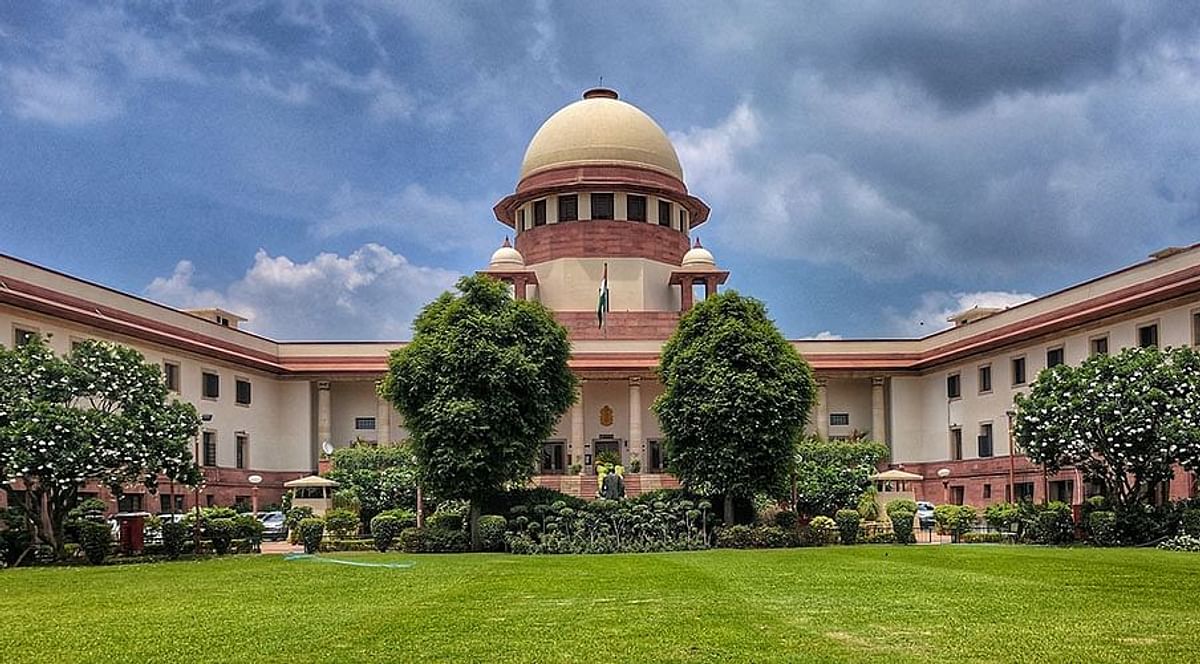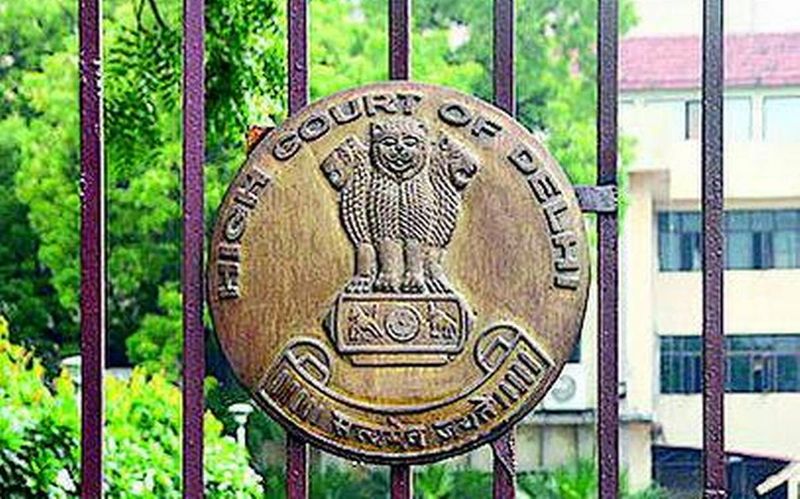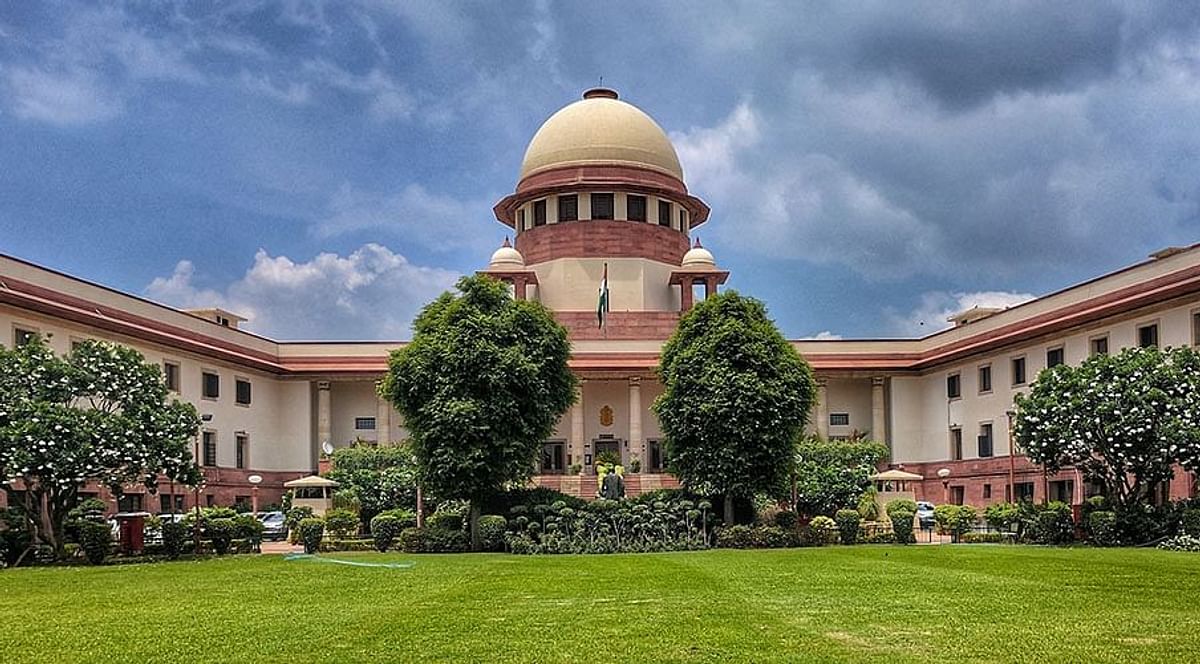In recent years, electoral financing has emerged as a critical issue in democracies worldwide, with concerns over transparency, accountability, and the influence of money in politics. India, as the world's largest democracy, has grappled with these challenges, particularly with the introduction of electoral bonds in 2017. Electoral bonds, a financial instrument aimed at making political funding more transparent, have been a subject of controversy since their inception. However, the recent scrutiny of electoral bonds by the Supreme Court of India has sparked a significant debate about their impact on democracy. The Supreme Court's intervention regarding electoral bonds could potentially strengthen democracy in India.
Electoral Bonds: Background and Controversies
a. Introduction of Electoral Bonds: The Government of India introduced electoral bonds as a means to cleanse the political funding system by enabling donors to contribute anonymously to political parties.
b. Lack of Transparency: Critics argue that electoral bonds compromise transparency in political funding, as they allow donors to remain anonymous, thereby concealing the funding sources.
c. Influence of Corporates: There are concerns that electoral bonds enable corporations to influence political parties and policies by making large donations without public accountability.
Supreme Court's Scrutiny: A Turning Point for Democracy
a. Public Interest Litigation (PIL): Various public interest litigations were filed challenging the constitutional validity of electoral bonds, leading the Supreme Court to take cognizance of the matter.
b. Judicial Review: The Supreme Court's intervention signifies a crucial aspect of democracy, as it underscores the importance of judicial oversight in ensuring the adherence to constitutional principles, including transparency and accountability in political financing.
c. Upholding Democratic Values: By examining the legality and implications of electoral bonds, the Supreme Court is upholding democratic values of transparency, accountability, and fairness in the electoral process.
Strengthening Accountability and Transparency
a. Disclosure of Donors: Scrutiny of electoral bonds can lead to a judicial mandate for disclosure of donor information, thereby enhancing transparency in political funding.
b. Curbing Corruption: Increased transparency can help in curbing corruption by deterring illicit funding and ensuring that political parties are accountable to the public.
c. Leveling the Playing Field: Transparent political financing levels the playing field by reducing the influence of money power and providing equal opportunities for all political parties and candidates.
Protecting Democratic Institutions
a. Safeguarding Electoral Integrity: Judicial scrutiny of electoral bonds safeguards the integrity of the electoral process by ensuring that it remains free from undue influence and manipulation.
b. Upholding the Rule of Law: The Supreme Court's intervention reinforces the rule of law by affirming the constitutional principles of transparency, accountability, and fairness in political financing.
c. Strengthening Democratic Institutions: By asserting its role in overseeing electoral reforms, the Supreme Court strengthens democratic institutions and reinforces their independence and integrity.
Citizen Empowerment and Participation
a. Enhancing Citizen Awareness: Scrutiny of electoral bonds fosters public discourse and awareness about the importance of transparent and accountable political financing in a democracy.
b. Empowering Citizens: Citizens have a right to know about the sources of funding for political parties, and judicial scrutiny empowers them to demand greater transparency and accountability from elected representatives.
c. Promoting Civic Engagement: Transparent political financing encourages civic engagement by fostering trust in democratic institutions and encouraging citizens to participate actively in the electoral process.
Challenges and Future Directions
a. Political Resistance: Political parties and vested interests may resist judicial oversight of electoral bonds, citing concerns about privacy and donor confidentiality.
b. Legislative Reforms: While judicial intervention is crucial, comprehensive legislative reforms are necessary to address loopholes and strengthen regulations governing political financing.
c. Public Advocacy: Civil society organizations and advocacy groups play a crucial role in advocating for electoral reforms and mobilizing public support for transparent and accountable political financing.
Conclusion:
In conclusion, the Supreme Court's scrutiny of electoral bonds in India marks a significant step toward strengthening democracy by upholding the principles of transparency, accountability, and fairness in political financing. By addressing the controversies surrounding electoral bonds and reaffirming the importance of judicial oversight, the Supreme Court is playing a pivotal role in safeguarding democratic values and institutions. Moving forward, sustained efforts from all stakeholders, including the judiciary, legislature, civil society, and citizens, are essential to ensure that political financing remains transparent, accountable, and conducive to the integrity of the electoral process in India. However, it is noteworthy to mention that Narendra Modi government should not take it as a setback rather this historic judgement should be seen as a progressive step to strengthen democratic values in India.








 OpinionExpress.In
OpinionExpress.In















Comments (0)